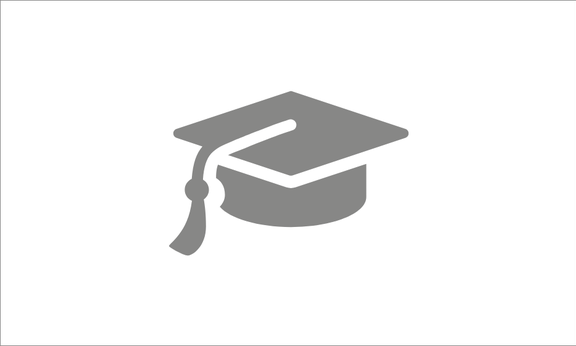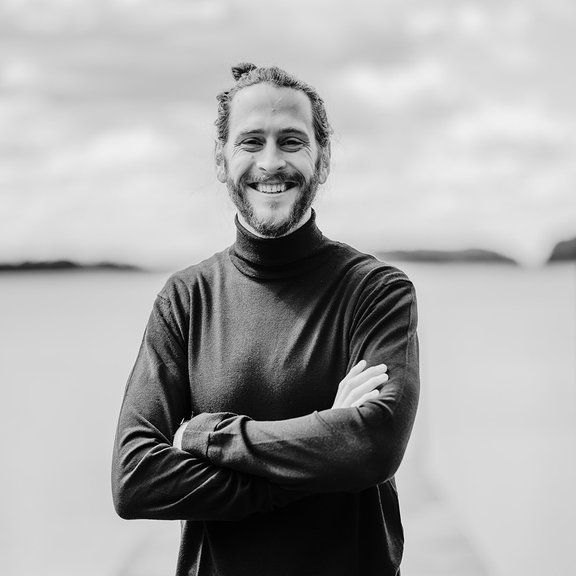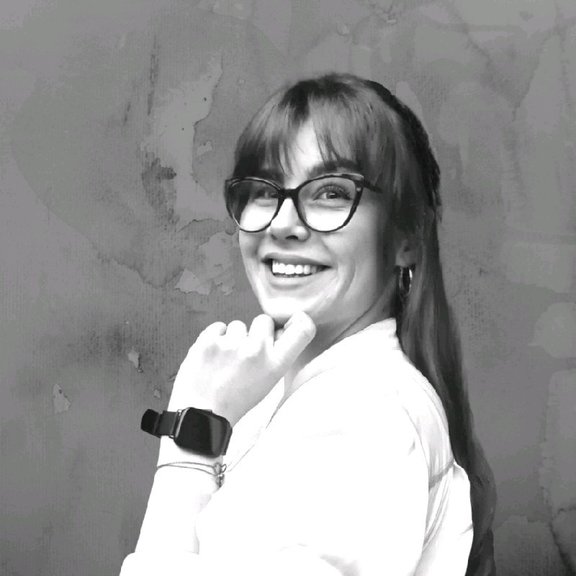Summer School
Open Science
This summer school Open Science aims at providing a critical view on the “rules of a game named science,” and provides an introduction to remedies to the manifold issues jeopardizing the credibility of scientific results: power calculations, confirmatory research (pre-registration), and open and transparent research practices.
Register for Mailing Detailed Info Organisational Information
Info
Degree
Continuing Education Programme Certificate
Duration/ECTS-Credits
5 days/5 ECTS-Credits
Study Code
UC 992 205
Start
tba
Cost
tba
Language
English
The right Summer School for me?

Qualification profile
Graduates will
- acquire an understanding of common (mal)practices in scholarly research,
- have a thorough understanding of confirmatory and transparent research practices,
- acquire a basic understanding of error rates, significance, power, etc.,
- be able to undertake a priori power calculations and sensitivity analyses,
- be able to scrutinize scientific projects and results regarding scientific integrity.

Target group
- PhD students from all disciplines
- early career researchers (PreDocs, PostDocs)
graduates interested in open science

Requirements
- completed master or diploma program in any field of study
- basic knowledge of statistics

Contact
Felix Holzmeister, PhD
Department of Economics
und Wirtschaftsgeschichte
Universitätsstraße 15
6020 Innsbruck
Felix Holzmeister, PhD
Deparment of Economics
Ass.-Prof. Felix Holzmeister, PhD
Deparment of Economics
Dates
tba
Location
tba
Details
The goal of scientific research is to accumulate knowledge. Researchers generate hypotheses and collect data in order to investigate whether or not empirical observations are consistent with these hypotheses. However, even though science aspires towards accuracy in this process, errors are inevitable. A fundamental characteristic that sets empirical science apart from other sources of knowledge is the ability to self-correct; any empirical observation is subject to validation and may be shown to be wrong. The reproducibility of empirical results constitutes a cornerstone of the scientific method. As a consequence of accumulative evidence emphasizing low levels of replicability, there is increasing concern that a considerable fraction—or even a majority—of published research claims may be simply false. The drivers of this „credibility crisis“ are manifold: the file drawer effect, insufficient statistical power, publication bias, confirmation bias, dodgy incentives in the publication process, p-hacking, etc.
Registration
General Information for the Registration for Continuing Education Programmes.
What participants are saying
I attended the Open Science Summer School in 2023 and liked it a lot! Not only did we learn transparent research practices but also why we need them and how the predominant research culture leads to false positives and inflated effect sizes. Studying not only the countermeasures but also the root causes and the corresponding mechanics improved my assessment of the literature and helps me in my daily research.
Hauke Roggenkamp
PhD candidate at the Institute of Behavioral Science and Technology at the University of St. Gallen
The Open Science Summer School exposed some major gaps in what I thought I knew about research. Throughout, I kept wondering, "Why am I only learning this now?" The course structure, engaging teaching methods, and interesting class discussions further added to the experience. Upon completion, I felt that my view on research had completely changed, boosting my confidence and integrity in my work. I'd encourage all researchers to join, whether they're a newbie or an expert.
Dina Tinjic
PhD candidate at the Department of Economics at the Swedish University of Agricultural Sciences



